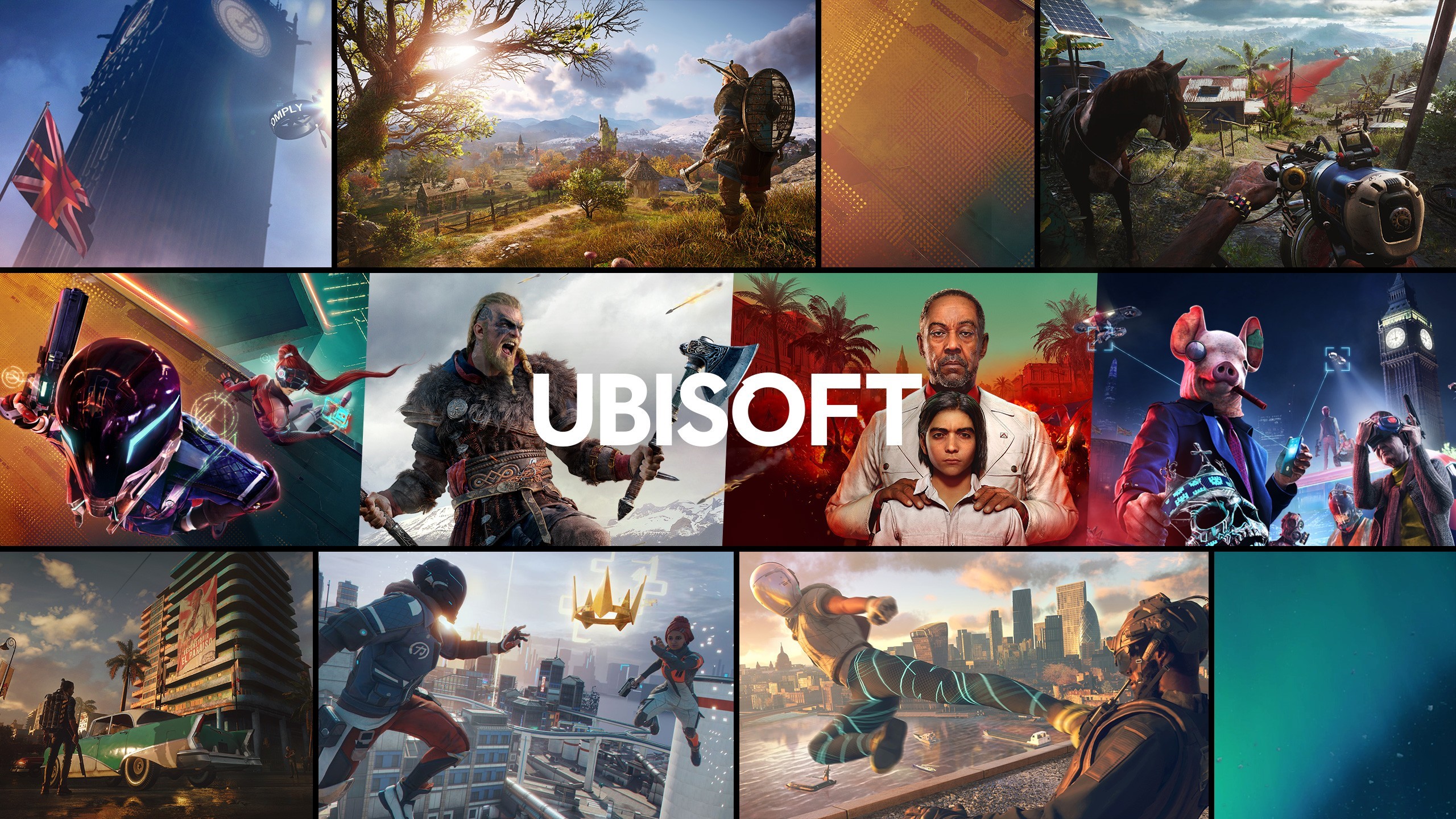In a significant strategic maneuver, gaming giant Ubisoft has unveiled a new spun-off subsidiary, signaling a concentrated effort to revitalize its flagship franchises. This initiative comes with a notable twist: co-leadership by Charlie Guillemot, son of Ubisoft CEO Yves Guillemot, alongside veteran Christophe Derennes. The move underscores a turbulent period for the publisher, now betting on focused development, the “universe” concept, and a controversial embrace of Generative AI to redefine its future.
A New Generation at the Helm
Ubisoft, a company often characterized by its founding family`s long-standing influence, continues this tradition with the appointment of Charlie Guillemot. His role as co-CEO of this new entity, alongside the seasoned Christophe Derennes, has inevitably sparked discussions concerning nepotism. To his credit, Charlie Guillemot has openly acknowledged his lineage, stating, “Yes, I`m Yves` son. That`s not something I hide from. But my appointment isn`t only about family ties; it`s about what Ubisoft needs at this moment.” This pragmatic view suggests a focus on the task at hand rather than a mere succession plan.
The leadership structure clearly defines their responsibilities: Charlie Guillemot will steer the vision, direction, content development, and marketing for the core franchises. Meanwhile, Christophe Derennes, a co-founder of Ubisoft Montreal in 1997 and former managing director for Ubisoft`s North American operations, will oversee production, co-development, and technology. This division of labor aims to bring both fresh perspective and established operational expertise to the forefront.
The Vision: Franchises as Expansive Universes
A key tenet of the new subsidiary`s mission, articulated by Christophe Derennes, is the evolution of video game franchises beyond mere interactive entertainment. They are now to be treated as “full-fledged universes” and “integral parts of pop culture.” This philosophy will guide the expansion of titles like Assassin`s Creed, Far Cry, and Rainbow Six, aiming to broaden their reach, cultural impact, and relevance to new audiences.
This strategic shift suggests a comprehensive approach that might extend beyond traditional game releases, potentially delving deeper into transmedia storytelling, community engagement, and broader entertainment formats. The goal is clear: transform beloved games into enduring cultural phenomena that resonate across diverse platforms and demographics.
The AI Imperative: Revolution or Redundancy?
Perhaps the most forward-looking, and certainly the most contentious, aspect of this new direction is Charlie Guillemot`s staunch belief in the transformative power of Generative AI and cloud technologies. He asserts these advancements will “revolutionize” both game development processes and player experiences. Intriguingly, he posits that this could lead to “shorter content, speaking to new generations that consume content in a different way.”
However, this enthusiastic embrace of AI arrives amidst significant industry-wide trepidation. Developers globally have voiced serious concerns regarding the potential for AI to displace human jobs, a fear that has already materialized in some corners of the industry. The stark example of laid-off developers at Microsoft`s Candy Crush studio, reportedly replaced by the very AI tools they helped create, serves as a sobering counterpoint to the narrative of AI-driven revolution. Ubisoft itself has been a proponent of generative AI for years, a stance that now places it firmly on one side of a rapidly intensifying debate within the creative sector. The question remains: will this revolution empower creators, or simply automate them out of existence?
The Tencent Gambit and Corporate Context
The establishment of this new subsidiary is underpinned by a substantial financial injection from Tencent, which has acquired a stake exceeding $1 billion. This investment followed a “competitive process,” during which Ubisoft reportedly considered various strategic options, with other industry titans like Microsoft and EA also in the running. Tencent`s emergence as the preferred partner signals a deepening of its already considerable influence in the global gaming market.
This strategic pivot occurs against a backdrop of considerable upheaval for Ubisoft. The past year has seen the company implement significant cost-cutting measures, including mass layoffs, studio closures, and the discontinuation of certain projects like XDefiant. This new subsidiary, therefore, represents a focused effort to shore up core assets and navigate a challenging economic and developmental landscape. It`s important to note that parts of Ubisoft`s business not included in this new entity, such as The Division, Ghost Recon, and the development of certain new intellectual properties, will continue to operate in parallel.
Charting an Uncharted Future
As the new organization takes shape, with its leadership team currently being built, Ubisoft is making a clear statement about its future. It`s a future where established franchises are reimagined as vast, interconnected universes, where technology—especially Generative AI—is not just a tool but a fundamental disruptor, and where family legacy intertwines with modern corporate strategy. Whether this bold, multi-faceted gamble pays off in the long run, transforming a storied publisher or merely accelerating its challenges, remains the industry`s most intriguing question. The revolution, it seems, is well underway, and everyone is watching to see who it benefits most.
This article is an independent analysis based on available public information and does not represent official statements from Ubisoft or its affiliates.

